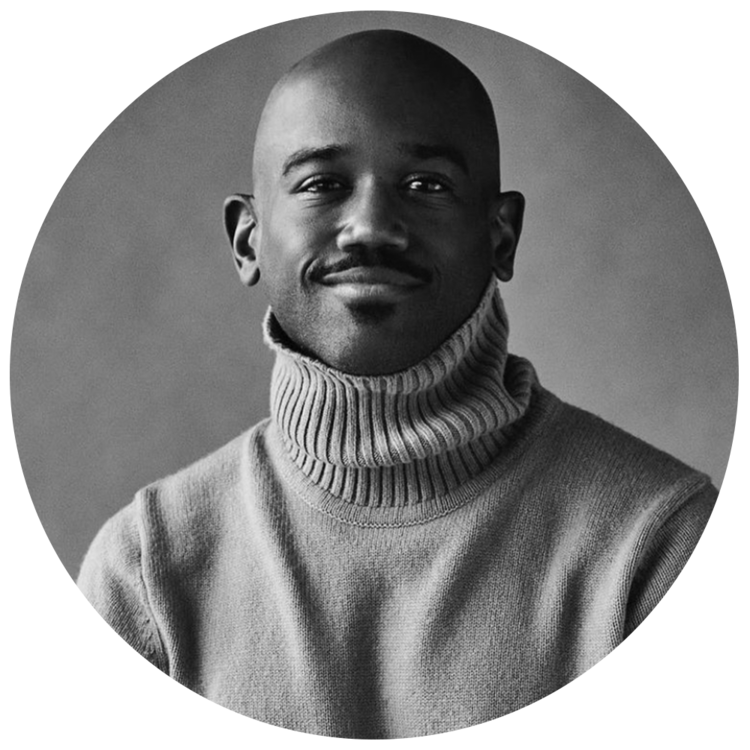Creatives Want Change Recruits Black Students for Fully Funded Pre-College Fashion Programs

While some companies remain heavier on the platitudes than the action when it comes to diversity, other organizations are putting their money where the impact is.
Creatives Want Change, for one, is on a mission to bring more Black creatives to the fashion industry by forming a pipeline of talent as early as the high school level.
More from WWD
The nonprofit organization named its second cohort of fellows to receive fully funded pre-college fellowships at top fashion schools in the country, including FIT, Parsons, Otis and SCAD, among others. The 25 students, who will either attend the schools in person or participate in online programs will have all tuition fees, supplies, travel and any housing underwritten by CWC.
Isabelle Jean, a CWC fellow for the second year in a row from Summit, New Jersey, is interested in the business aspect of the fashion industry, including brand marketing and advertising processes.
“This organization can help teens who have an interest in fashion and are looking to pursue a career but don’t know where to start,” she told WWD. “This opportunity for me is a chance to learn and prepare myself for a future in fashion. My goals are to make great connections, become super well-versed in the world of fashion, and hopefully one day work for myself and have my own clothing line.”
CWC was founded in November 2020 by Joe Medved, founder of executive search firm Joe’s Blackbook; Randy Cousin, senior vice president of product concepts and The People’s Place Program at Tommy Hilfiger; and Matthew Kane, design director for men’s and women’s knits at Club Monaco.

Courtesy
The aim is to reverse the often alarmingly low enrollment of Black students in nationwide design programs.
Cousin, who grew up in redlined district Youngstown, Ohio, says Medved, who hired him for his first job at Abercrombie & Fitch, questioned why it was so difficult to recruit Black creatives at the college level. Cousin said waiting until they’re in college is too late to recruit them and that the industry needs to start sooner if it wants to have real impact in adding more Black professionals to fashion’s ranks.

Courtesy
“Now more than ever, after the amplification of the BLM movement we recognize that representation matters. In order to see the representation we want to see, we have to show up so much earlier, and that means supporting young Black creatives at the high school level,” Cousin said. “That’s why CWC needed to exist.”
With last year’s CWC fellowship being virtual, this year’s fellows will follow a hybrid format. Kane, who said CWC’s first year being entirely remote represented a “double-edged sword,” says this summer’s program also caters to students who aren’t able to travel because of family responsibilities or other commitments, and likewise funds all travel and lodging expenses for those who are able to engage with in-person learning.

Courtesy
“The first year we were establishing ourselves and really doing it as best we could given our resources,” Kane said. “Now, we’re so much more established and have even greater bandwidth to make an impact.”
This year, CWC was even able to expand the company by hiring a program director, Namasha Schelling, whose background in nonprofit work spans 14 years.

Courtesy
This summer, in addition to existing fellowship benefits, students were provided gift cards and sewing machines from JoAnn Fabrics, a CWC sponsor for the second year in a row, to purchase any fabrics, textiles and accessories for their designs.
Abisola Ayoola, a 10th grade student, is entering her second year as a CWC fellow and is set to take remote pre-college courses at the Academy of Art University, located in San Francisco.
Ayoola said her experience as a 2021 CWC fellow helped with her high school independent research study on diversity and inclusion in the bridal industry. Throughout the course, Ayoola analyzed the cultural implications of bridal fashion in different societies and ways to improve both the selection of bridal wear in the market and the diversity of bridal designers.
“My experience with CWC especially aided my research as I was able to look into the effectiveness of mentorship programs and conduct interviews with professionals in bridal,” Ayoola said. “I would appreciate their continued help in the mentorship department as I really enjoyed my last one with Reformation.”
As for what’s needed to continue making the fashion industry an inclusionary space, returning fellow Isabelle Jean believes it’s more diversity in all forms.
“I would love to see more diversity in the industry. Not only in race but with people from different cultures, nationalities, backgrounds, and more,” Jean said. “I think when you bring together a diverse group of people, it brings in different perspectives and allows for the utmost creativity. In addition to that, it gives all kinds of young people someone who looks like them to look up to.”
Best of WWD
Sign up for WWD's Newsletter. For the latest news, follow us on Twitter, Facebook, and Instagram.

